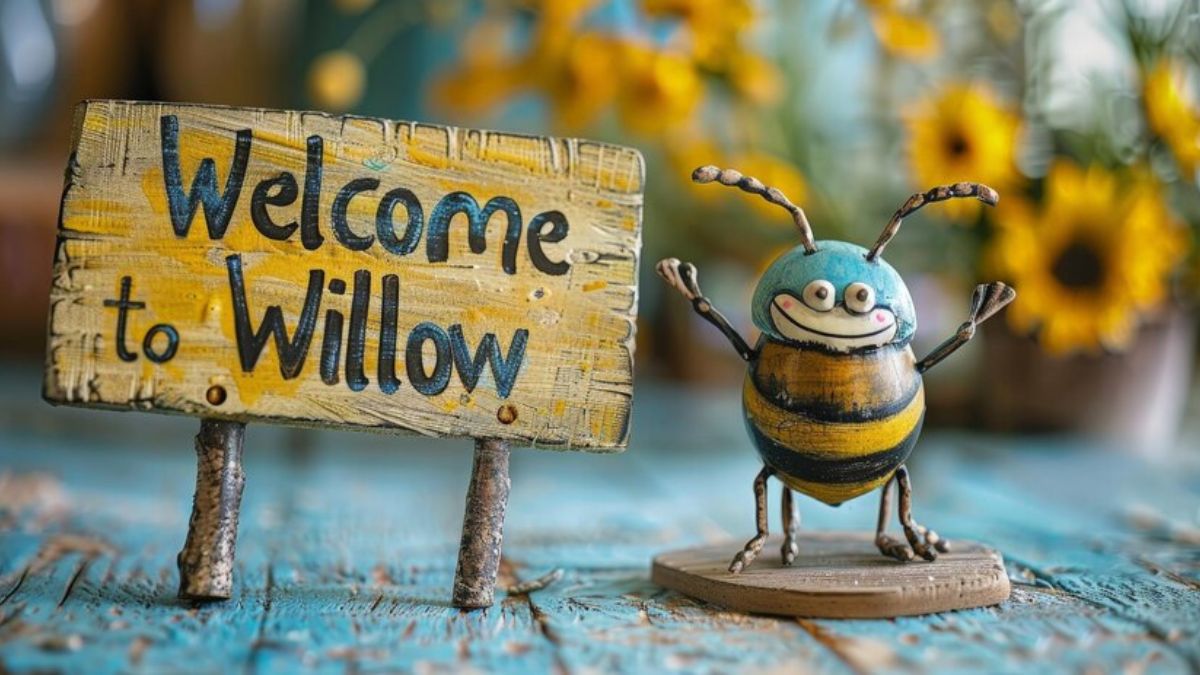Welcome to the enchanting world of spelling bees, where every letter matters and each word is a stepping stone to glory. The thrill of competition, the rush of adrenaline, and the joy of mastering language come together in this unique arena. For those eager to rise through the ranks or simply improve their skills, the Spelling Bee Forum offers a treasure trove of insights from seasoned participants and experts alike. Whether you’re a first-time competitor or a seasoned veteran looking for fresh strategies, there’s something here that can elevate your game. Let’s dive into tips and tricks straight from those who have faced off against some of the toughest words out there!
The Importance of Spelling Bees
Spelling bees hold a special place in the world of education and competition. They foster not only language skills but also critical thinking. Contestants learn to decode words, grasp their meanings, and understand their origins.
These competitions promote confidence among participants. Standing before an audience and spelling complex words sharpens public speaking abilities. This experience can set the stage for future endeavors.
Moreover, spelling bees build community spirit. Families and friends rally together to support contestants. The shared excitement creates lasting bonds among peers.
For many students, these events ignite a passion for learning that extends beyond just spelling. They cultivate curiosity about language, encouraging further exploration into literature and writing.
In essence, spelling bees are more than just contests; they are transformative experiences that enhance educational outcomes while nurturing personal growth.
Strategies for Studying and Preparing for a Spelling Bee
Effective study strategies can make all the difference in your spelling bee journey. Start by creating a personalized word list. Focus on words that challenge you, as well as those commonly found in competitions.
Incorporate various learning methods. Use flashcards for quick recall and engage with apps designed for spelling practice. Visual learners might benefit from writing words out multiple times, while auditory learners could try saying them aloud or listening to them being spelled.
Join a study group through the Spelling Bee Forum to share resources and quiz each other. Discussing tricky spellings with peers can deepen understanding and retention.
Set aside regular practice time leading up to the event. Consistency is key, so find a routine that works best for you—whether it’s daily sessions or longer weekly marathons of focused study.
Don’t hesitate to explore etymology; knowing the roots of words helps unlock their meanings and spellings.
Tips from Past Winners and Participants
Past winners of spelling bees have invaluable insights to share. One common piece of advice is to treat each word like a puzzle. Break it down into syllables and sounds, making the challenge less daunting.
Another tip involves consistent practice with peers or family members. This not only helps reinforce learning but also builds confidence in a supportive environment.
Winners emphasize the importance of understanding word origins. Familiarizing yourself with Latin roots or Greek derivatives can provide context that makes memorization easier.
Maintaining a positive mindset is crucial too. Celebrate small victories along your journey, as they boost morale and encourage perseverance.
Don’t underestimate the power of rest before competition day. A well-rested mind performs significantly better than one that’s fatigued from last-minute cramming.
Common Mistakes to Avoid in a Spelling Bee
One common mistake many participants make is not listening carefully to the pronouncer. Misunderstanding a word can lead to disastrous results. Take your time and pay attention.
Another pitfall is neglecting to ask for definitions or origins. These details can provide context that makes spelling easier. Don’t hesitate to seek clarification when needed.
Overconfidence often derails competitors, too. Just because you’ve spelled a few challenging words doesn’t mean you’re invincible. Stay humble and focused until the very end.
Practice under pressure is crucial yet frequently overlooked. Simulating competition conditions helps build confidence and reduces anxiety on the actual day of the event.
Staying calm during tense moments also matters significantly; panicking will only cloud your judgment and hinder performance in front of an audience.
How to Overcome Nervousness and Perform Well in the Competition
Nervousness is a common hurdle for many spelling bee participants. To tackle it, start with breathing exercises. Deep, slow breaths can calm your mind and body.
Visualization is another powerful tool. Picture yourself on stage, confidently spelling each word while the audience cheers you on. This mental rehearsal helps build confidence.
Practice under pressure. Simulate competition conditions by having friends or family quiz you in a timed setting. This builds familiarity with the nerves you’ll face during the actual event.
Stay positive and focus on your strengths rather than dwelling on potential mistakes. Remind yourself that everyone makes errors; it’s part of learning and growing as a competitor.
Embrace the excitement of participating! Connecting with other contestants can provide support and motivation when anxiety creeps in. Remember, every participant shares similar feelings; you’re not alone in this journey.
The Future of Spelling Bees: Trends and Changes in the Competition
Spelling bees are evolving, adapting to a digital world. Online competitions have surged, making participation more accessible. Contestants can now face off from the comfort of their homes.
Technology is also enhancing training methods. Mobile apps and interactive platforms provide engaging ways for students to practice spelling skills. Gamification elements keep learners motivated and focused.
Moreover, inclusivity is becoming a priority. More organizations are recognizing diverse backgrounds in participants and creating opportunities for all skill levels. This shift makes spelling bees richer experiences for competitors.
Additionally, new categories like vocabulary challenges or collaborative team events might emerge soon. These innovations could redefine traditional formats while maintaining the core excitement of competition.
As educational trends change, we may see increased support from schools promoting spelling bee participation as part of curricula—enhancing both language skills and confidence among students participating in these time-honored contests.
Conclusion
The Spelling Bee Forum serves as a treasure trove of resources and community support for those passionate about spelling competitions. Embracing the importance of these bees can truly enhance one’s academic journey. With thoughtful strategies and insights from seasoned participants, anyone can elevate their skills.
Preparing diligently is key to excelling in any competition, especially when armed with tried-and-true tips from past winners. Avoiding common pitfalls can save time and frustration during practice sessions. Plus, mastering techniques to manage nervousness ensures you approach your competition with confidence.
As we look toward the future, it’s exciting to see how spelling bees continue to evolve. Trends change over time, but the essence remains—celebrating language and learning together.
Whether you’re a participant or simply interested in the world of spelling bees, there’s always something new to learn at the Spelling Bee Forum!










